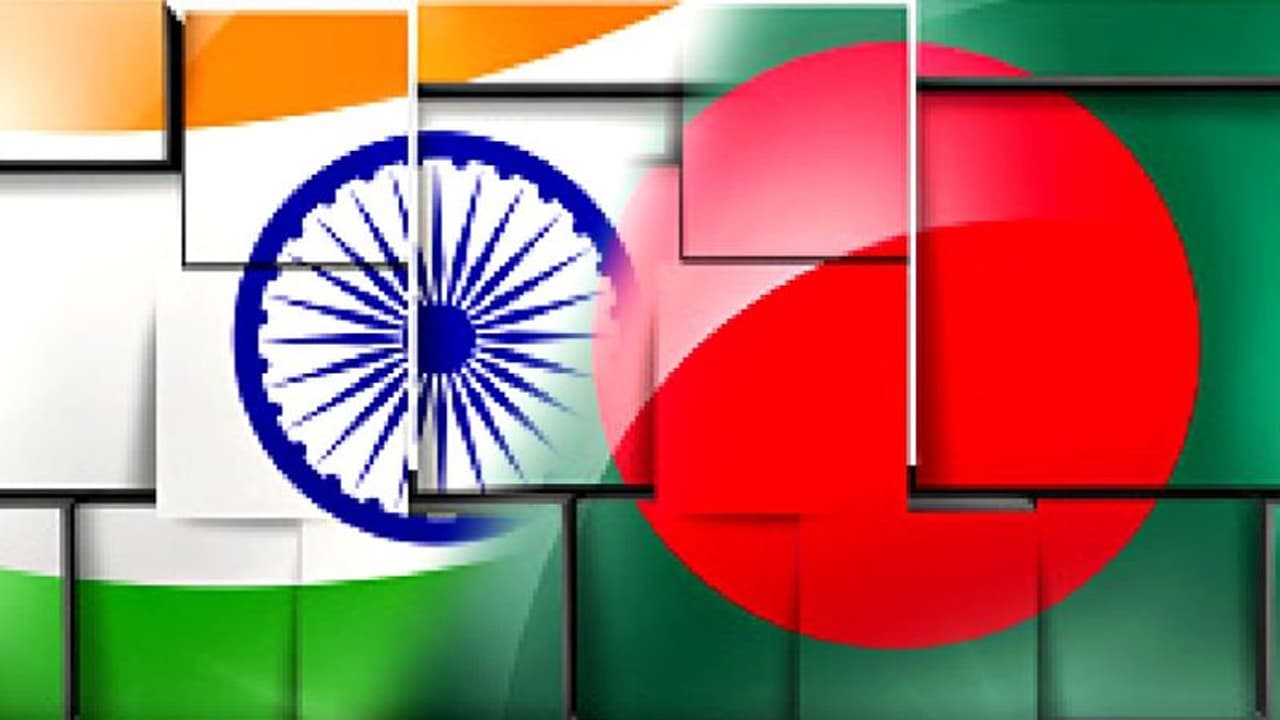India rejected Bangladesh’s claim that Awami League leaders in exile are running anti-Dhaka activities from Indian soil, calling the allegations “misplaced” and reiterating its call for free, fair and inclusive elections in Bangladesh.
India on Wednesday firmly rejected allegations made by Bangladesh’s Interim Government that anti-Bangladesh activities were being carried out from Indian territory by members of the Awami League. The Awami League, led by Bangladesh Prime Minister Sheikh Hasina, was ousted from power last year after massive student-led protests spiraled into Islamist-backed unrest. Sheikh Hasina has since taken refuge in India, living in exile. Many of her senior party leaders are also believed to be in India.
In a strongly worded response, the Ministry of External Affairs (MEA) dismissed Dhaka’s charges.
“The Government of India is not aware of any anti-Bangladesh activities by purported members of the Awami League in India or of any action that is contrary to Indian law. The Government does not allow political activities against other countries to be carried out from Indian soil. The Press Statement by the Interim Government of Bangladesh is thus misplaced,” the MEA said.
The statement also reiterated India’s position on Bangladesh’s political future.
“India reiterates its expectation that free, fair and inclusive elections will be held at the earliest in Bangladesh to ascertain the will and mandate of the people,” it added.
Scroll to load tweet…
Dhaka’s Concerns
Earlier in the day, Bangladesh’s Ministry of Foreign Affairs issued a statement claiming that the banned Awami League had established political offices in Delhi and Kolkata. Dhaka urged New Delhi to shut them down immediately, saying such activities threatened Bangladesh’s internal stability.
“Any form of political activity campaigning against the interests of Bangladesh by Bangladeshi nationals, particularly by the absconding leaders/activists of a banned political party, staying on Indian soil, legally or illegally, including the establishment of offices is an unambiguous affront against the people and State of Bangladesh,” the statement read.
The Interim Government accused senior Awami League leaders of continuing their political outreach in India. It referred to a July 21 event at Delhi Press Club, where, under the guise of an NGO meeting, Awami League functionaries reportedly distributed booklets to journalists. Dhaka said such developments showed “growing anti-Bangladesh activities” being orchestrated from Indian soil.
Bangladesh further warned that protecting absconding leaders—some accused of “grievous crimes against humanity”—could harm bilateral ties. “This may also trigger public sentiment in Bangladesh which may in turn impact the ongoing efforts of the two countries in further enhancing the relationship between the two closest neighbors,” the statement cautioned.
A Strained Moment In Ties
The exchange marks one of the sharpest diplomatic confrontations between India and Bangladesh in recent months. While India has consistently backed Sheikh Hasina during her political troubles, the Interim Government in Dhaka appears determined to cut off any residual influence of the Awami League.
The latest spat comes close on the heels of India’s recent decision to ban jute goods imports from Bangladesh via land routes, another move that has added friction to ties.
For now, New Delhi has sought to keep the focus on democratic transition in Bangladesh. But Dhaka’s public accusations, combined with rising anti-India sentiment on the Bangladeshi street, suggest that managing the relationship will become increasingly delicate in the months ahead.
